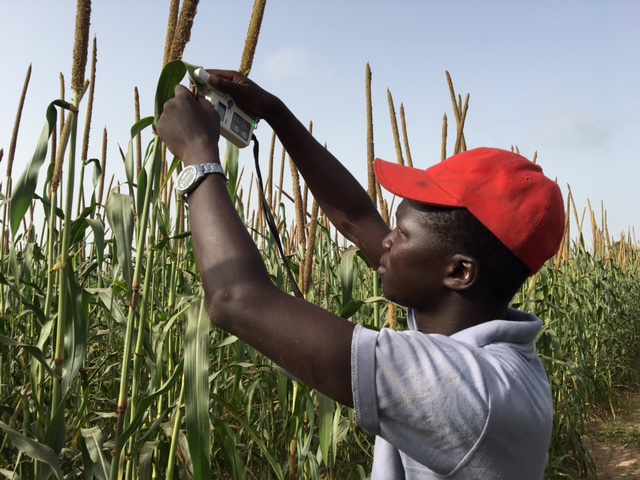Improving Food and Nutrition Security of Smallholder Agro-Pastoral Farming Systems by Integrating Crop-Livestock-Human Nutrition in Senegal and Niger

- To ensure food and nutritional security
- To establish resilient farming systems via a holistic approach for rural smallholder farmers, particularly women
- To improve nutritional and socioeconomic status in particular for women and children in six regions of Senegal: Louga, Diourbel, Kaffrine, Kedougou, Kolda and Sedhiou.
These objectives will be achieved by using sustainably intensified production and management practices of dual-purpose millet and leguminous crops (cowpea and groundnut) with small ruminant livestock (goats and sheep) integration. In Senegal, millet is primarily produced at the subsistence level and hand-processed by women and girls. Cowpea and groundnuts are very important nitrogen-fixing leguminous crops that can provide nitrogen to millet. These leguminous crops can also be used as fodder for livestock in Senegal. Thus, intercropping dual-purpose millet as grain and fodder into dual-purpose cowpea or groundnuts, as well as integrating these dual-purpose crops with livestock, will help improve food security, human nutrition, crop diversity, livestock performance, soil quality (carbon sequestration) via nutrient recycling from animal manure/crop residue, biodiversity, smallholder farmers' income (especially women), and further women's engagement in farming. Additionally, this type of system will impact resilient natural resource management of water, soil, nutrients and greenhouse gas mitigation in Senegal.